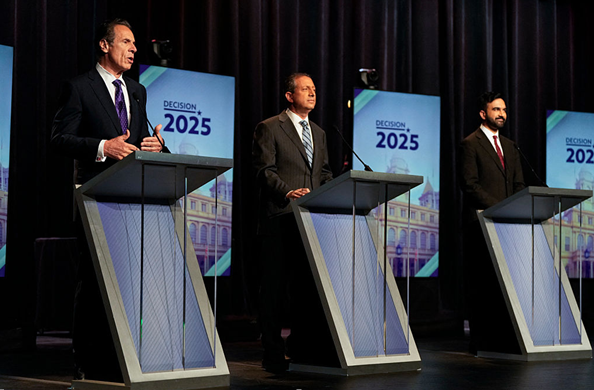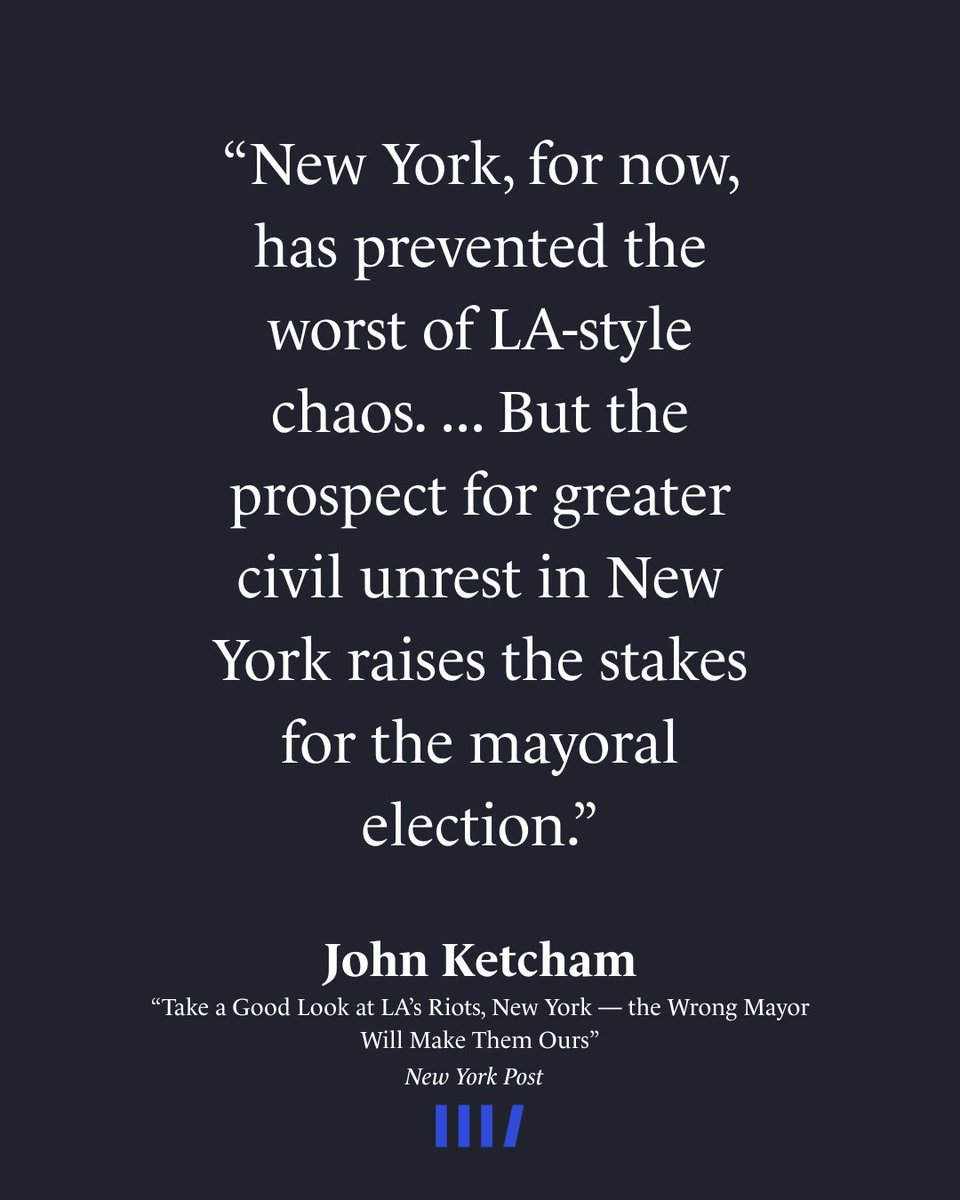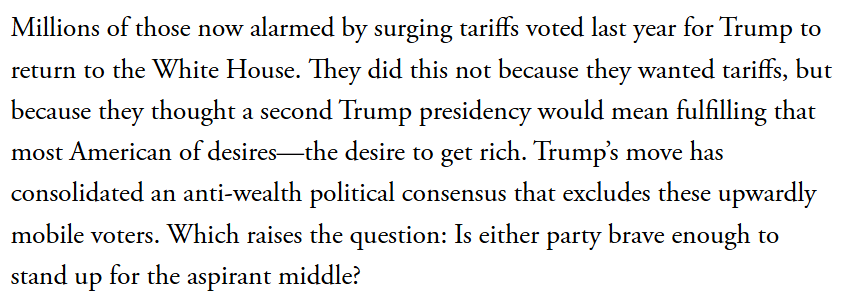🧵 We’re excited to announce our second cohort of Civil Society Fellows, nonprofit leaders who will receive a $10,000 fellowship for their efforts to strengthen their local communities.
Eloise Samuels @NJOrators
@bechrostowski @EdwinsCLE
@Mrsmeganleerose @BTogetherOrg
Eloise Samuels @NJOrators
@bechrostowski @EdwinsCLE
@Mrsmeganleerose @BTogetherOrg

Our 15-month Civil Society Fellows Program will help these leaders raise national awareness for their missions and make the case for the essential nature and value of their #nonprofit work.
Here's a brief introduction. /2 manhattan-institute.org/tocqueville-ci…
Here's a brief introduction. /2 manhattan-institute.org/tocqueville-ci…
.@bechrostowski of @EdwinsCLE, a nonprofit that provides formerly incarcerated people a pathway to success through an elite culinary education and leadership training. /3 manhattan-institute.org/expert/brandon…
.@Mrsmeganleerose of @BTogetherOrg, an organization that helps families cope with hardships—like job loss—and ensures that children are cared for in a safe home until the family can be reunited. /4 manhattan-institute.org/expert/megan-r…
Eloise Samuels of @NJOrators, an all-volunteer group that teaches public speaking, presentation, life skills and more to kids from 7 to 18 years old, with a focus on African American and low-income "at-risk" youth. /5 manhattan-institute.org/expert/eloise-…
"Civil society is a fundamental part of America’s foundation, and this year’s fellows and their organizations are critical to the well-being and future of our nation." — @AnnieDwyer
Learn more about the Civil Society Fellows Program. /end manhattan-institute.org/tocqueville-ci…
Learn more about the Civil Society Fellows Program. /end manhattan-institute.org/tocqueville-ci…
• • •
Missing some Tweet in this thread? You can try to
force a refresh

















